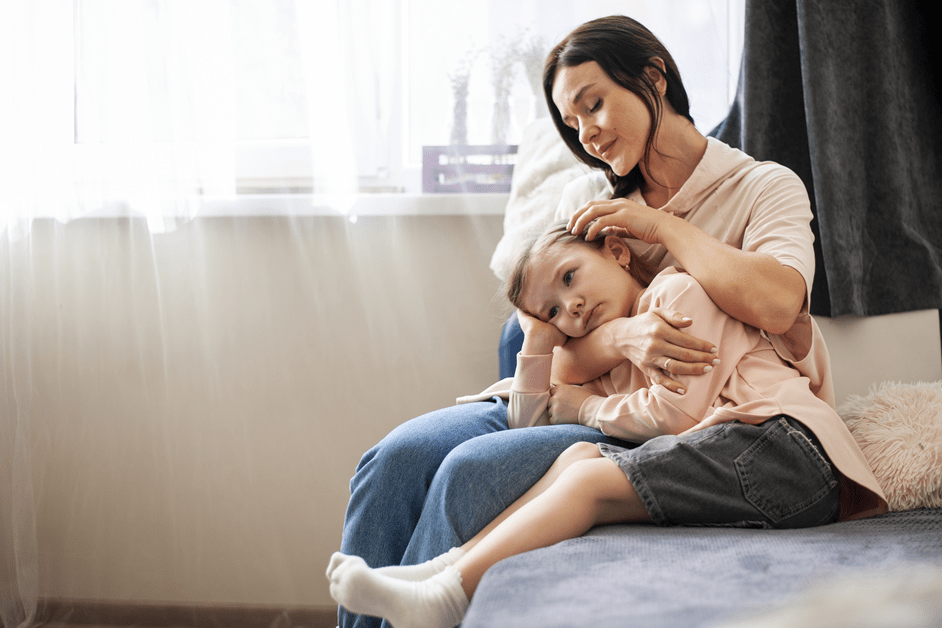Did you know? Hearing adult speech is fundamental to the development of babbling.
What is babbling?
Babbling is the first step in your baby's development of speech. It is a way for your baby to experiment with different sounds and learn how to use his or her mouth to make them. You may notice that your baby's babbling sounds a lot like gibberish. But there is actually a lot of meaning behind those babbles. Your baby is trying out different combinations of sounds and figuring out how to put them together to form words. These sounds are made by combining different vowels and consonants.
Babbling is an important milestone in your baby's development, and it's a great sign that he or she is on track for learning to talk.
Why do babies babble?
Most parents are familiar with the sound of their baby babbling. Babies start by producing simple sounds like "ba" or "da," and then progress to more complex combinations like "babababa" or "dadadada." There are a few theories about why babies babble. One is that it's a way for babies to practice making different sounds. Another is that babbling helps babies learn the rhythm and melody of language.
Did you know? Babies across the world produce similar first syllables - known as canonical babbling.
What are the phases of baby babbling?
- Marginal babbling - also known as pre-canonical vocalization occurs between 4 - 6 months. The infant tries to put together consonant-vowel or vowel-consonant sound combinations such as “maa”, “uum”, “baa”.
- Canonical babbling - usually happens between 6 - 10 months of age. It can be duplicated babbling such as “bababa” or “mamama” or “gagaga”, or non-duplicated babbling such as “gabama” or “gagame”.
- Conversational babbling - the final stage of babbling, typically begins at approximately 10 months of age.
What are the different types of babbling?
There are different types of babbling, each with its own sound.
- Your baby might start with monosyllabic babbling, which uses one sound, like ‘ba’ or ‘da’.
- They might then move on to disyllabic babbling, which uses two sounds together, like ‘mama’ or ‘dada’.
When do babies start babbling?
Babbling is when a baby uses sounds to mimic speech. This is different from crying or cooing, which are both natural sounds that babies make.
- 4 months - babies usually begin to babble.
- 6 months - babies start to say consonant sounds and manage to say something that others can understand.
- 9 months - makes different sounds such as “da-da-da”, “ma-ma”.
- 12 months - develops first few basic words and makes changes in sounds with tone.
How can parents encourage babbling?
Parents can encourage babbling in their baby by engaging in "motherese", which is a form of sing-song speech. This type of speech is thought to be more memorable and interesting for babies and may help them to produce more sounds.
- Name everything - try to name everything around them, be it an object or an emotion to make your baby make sounds. Talk more about the object to get their attention and make them babble.
- Sing songs - It's okay if you don’t sing well, you are not singing for a concert you are singing to your baby. Did you know if you sing the same songs over and over with little gestures it might encourage your little ones to eventually chime in?
- Be a good narrator - You can always narrate to your little one about your daily chores. Get into a conversation with your baby about the things you are doing, even if you think they’re boring and they don’t understand. It helps them to communicate with you faster.
- Be a copycat - Show interest in your baby babbling, make eye contact with your baby, smile, and then respond. This helps your little one to know how to engage in a conversation. Also, repeat back when your infant makes little sounds such as “da-da” and “ma-ma”.
Babbling is an important milestone in your baby’s development. It’s a great way to spend time bonding with your little one. Babbling is a normal and important part of a baby's development. It's a sign that your baby is on track with their speech and language development. If you’re concerned about your baby’s babbling, or if they haven’t started babbling yet, talk to your pediatrician.

%20(1).jpg?alt=media&token=90a5ba3a-1be0-4602-932d-23bd941e69ac)
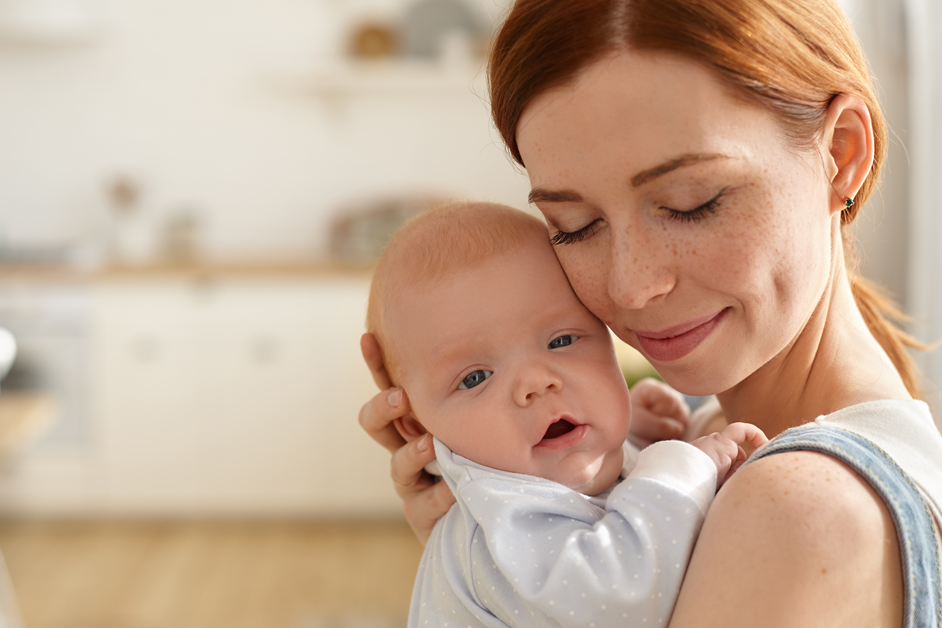
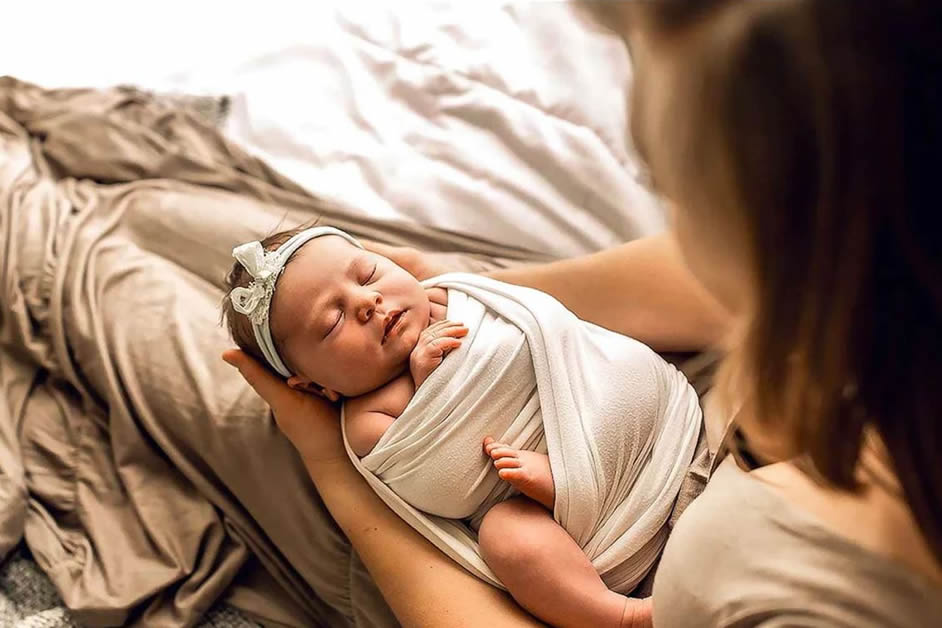
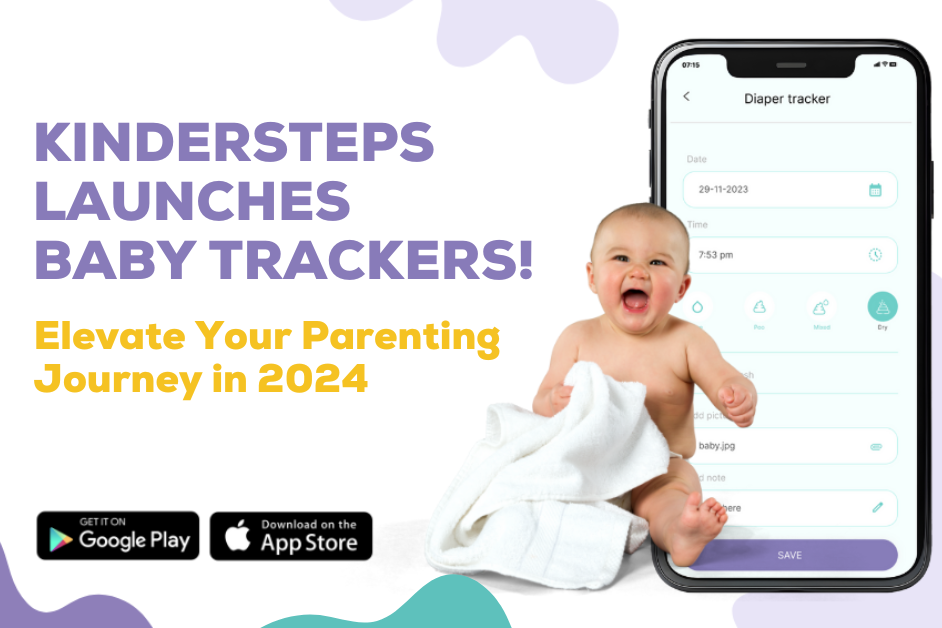
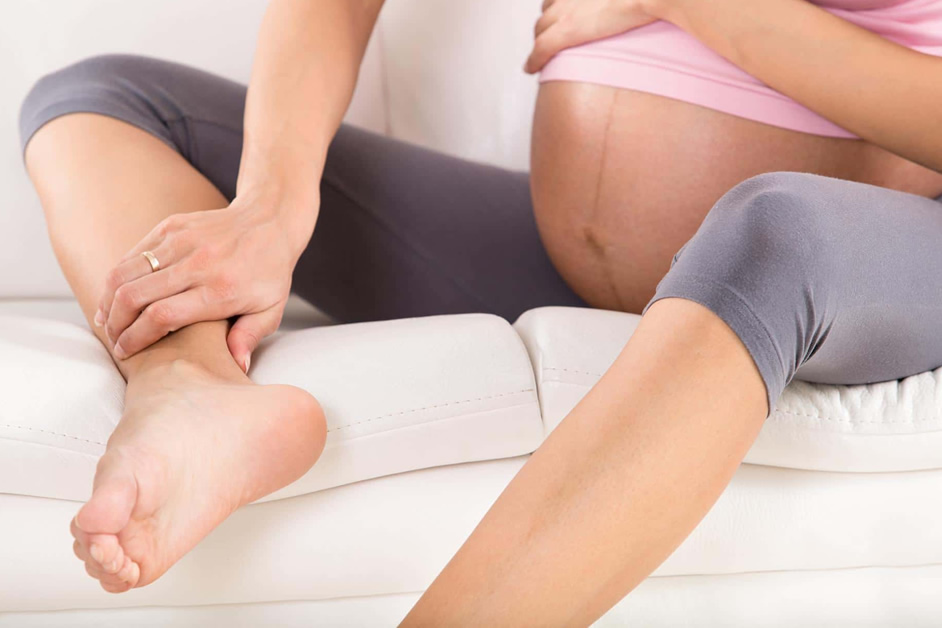
.jpg?alt=media&token=166b64a9-274c-400c-95e4-baf0013e7e43)
